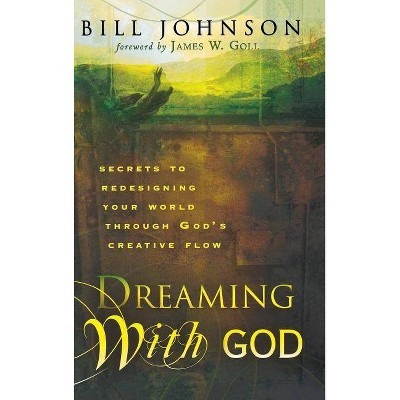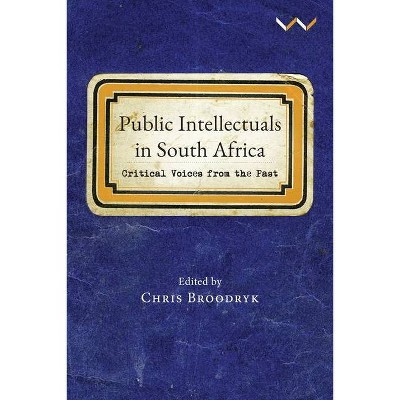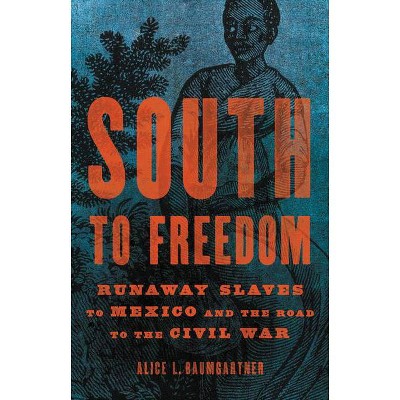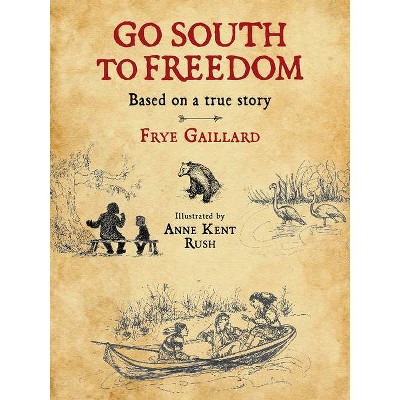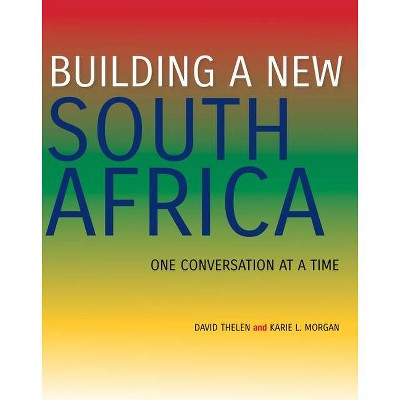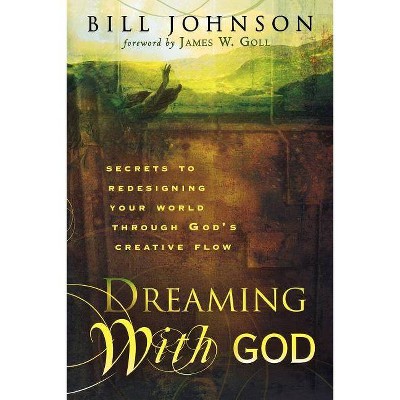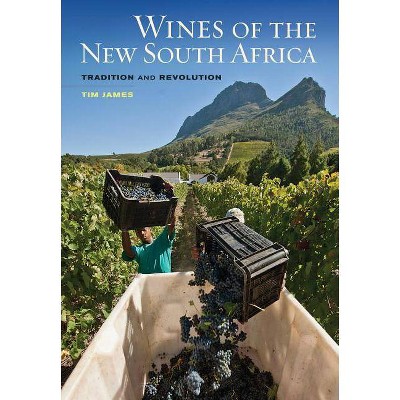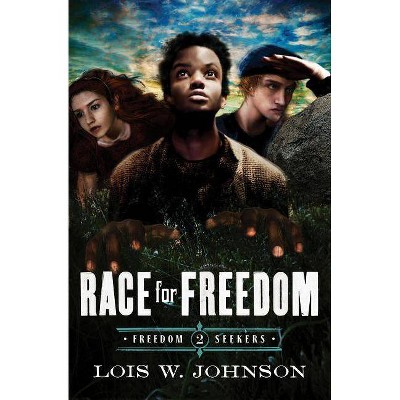Dreaming of Freedom in South Africa - by David Johnson (Hardcover)
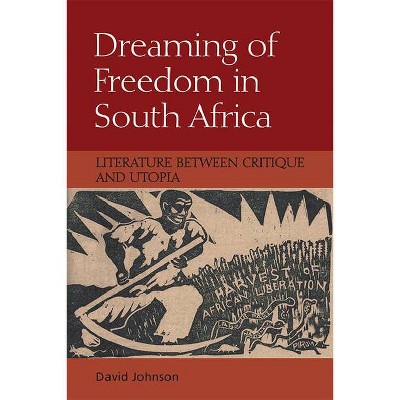
Similar Products
Products of same category from the store
AllProduct info
<p/><br></br><p><b> About the Book </b></p></br></br><p>Focusing on well-known and obscure literary texts from the 1880s to the 1970s, as well as the many manifestos and programmes setting out visions of the future, this book charts the dreams of freedom of five major traditions of anti-colonial and anti-apartheid resistance.</p><p/><br></br><p><b> Book Synopsis </b></p></br></br><p></p> <p><strong>Assembles for the first time the many different texts imagining the future after the end of apartheid</strong></p> <ul> <li>Explores the history of how the future in South Africa after the end of apartheid was imagined </li> <li>Provides the first literary-cultural history of South African speculative fiction</li> <li>Studies the literary-political cultures of the five major traditions of South African anti-colonial/ anti-segregationist/ anti-apartheid thought</li> <p></p></ul> <p>Focusing on well-known and obscure literary texts from the 1880s to the 1970s, as well as the many manifestos and programmes setting out visions of the future, this book charts the dreams of freedom of five major traditions of anti-colonial and anti-apartheid resistance: the African National Congress, the Industrial and Commercial Workers Union, the Communist Party of South Africa, the Non-European Unity Movement and the Pan-Africanist Congress. More than an exercise in historical excavation, <i>Dreaming of Freedom in South Africa </i>raises challenging questions for the post-apartheid present.</p><p/><br></br><p><b> From the Back Cover </b></p></br></br>Assembles for the first time the many different texts imagining the future after the end of apartheid Focusing on well-known and obscure literary texts from the 1880s to the 1970s, as well as the many manifestos and programmes setting out visions of the future, this book charts the dreams of freedom of five major traditions of anti-colonial and anti-apartheid resistance: the African National Congress, the Industrial and Commercial Workers Union, the Communist Party of South Africa, the Non-European Unity Movement and the Pan-Africanist Congress. More than an exercise in historical excavation, Dreaming of Freedom in South Africa raises challenging questions for the post-apartheid present. David Johnson is Professor of Literature at The Open University, and the author of Shakespeare and South Africa (1996) and Imagining the Cape Colony: History, Literature, and the South African Nation (2012).<p/><br></br><p><b> About the Author </b></p></br></br><p>David Johnson is Professor of Literature in the Department of English and Creative Writing at The Open University, England. He is the author of <i>Shakespeare and South Africa</i> (1996), <i>Imagining the Cape Colony: History, Literature and the South African Nation</i> (2012) and <i>Dreaming of Freedom in South Africa: Literature between Critique and Utopia</i> (2019); the principal author of <i>Jurisprudence: A South African Perspective</i> (2001); the co-editor with Prem Poddar of <i>A Historical Companion to Postcolonial Literatures in English</i> (2008); the co-editor with Caroline Davis of <i>The Book in Africa: Critical Debates</i> (2015); and co-editor with David Hutchison of <i>Stuart Hood, Twentieth-Century Partisan</i> (2020). He is the General Editor of the Edinburgh University Press series <i>Key Texts in Anti-Colonial Thought</i>.<p>
Price History
Cheapest price in the interval: 105 on November 8, 2021
Most expensive price in the interval: 105 on December 22, 2021
Price Archive shows prices from various stores, lets you see history and find the cheapest. There is no actual sale on the website. For all support, inquiry and suggestion messagescommunication@pricearchive.us
